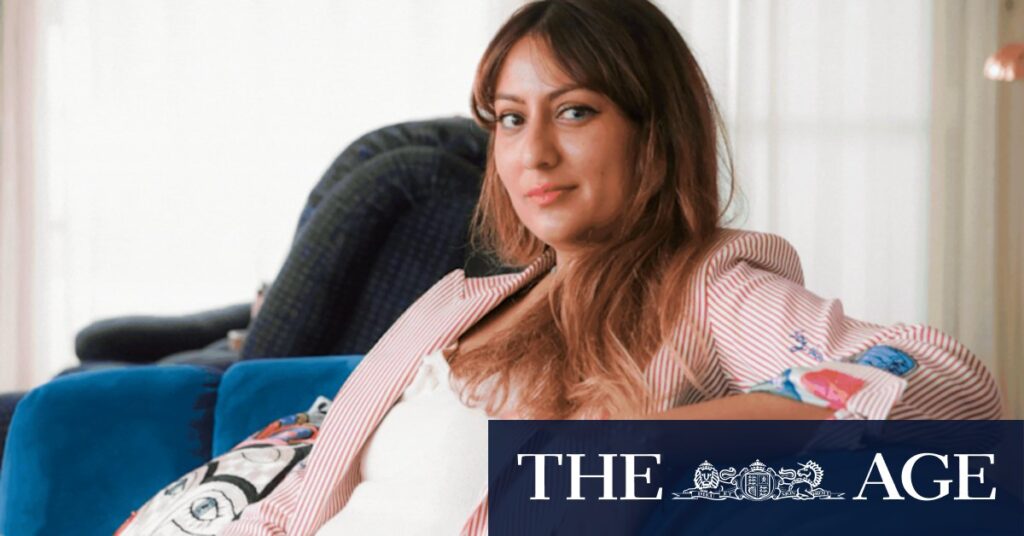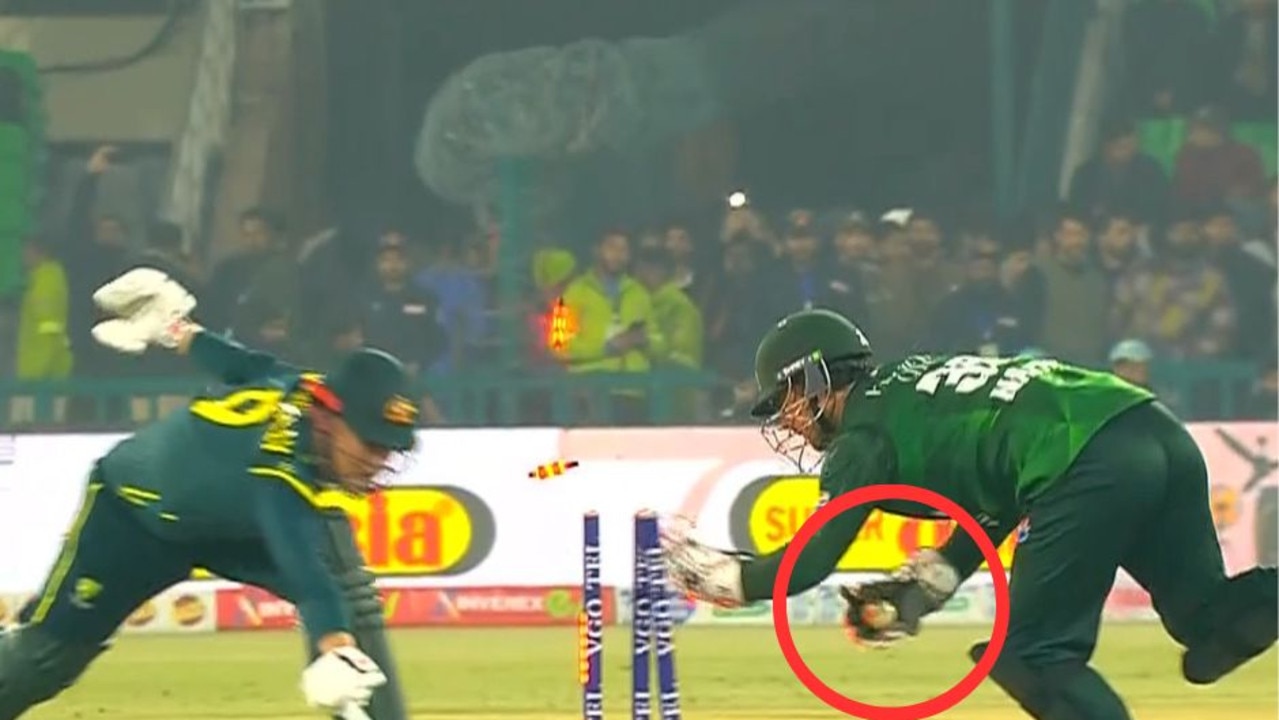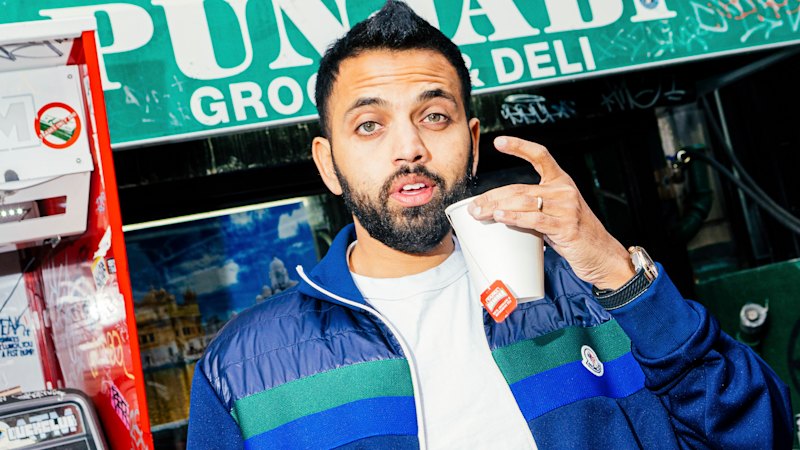
As the landscape of romantic relationships evolves, Millennials are at the forefront of redefining love, embracing diverse relationship models and lifestyles. A recent study co-authored by Adam Bode, a PhD candidate at the Australian National University, delves into these shifting dynamics. Bode, who specializes in the biology and psychology of romantic love, highlights that more than a third of long-term partners in Australia met online. However, the study suggests that couples who met online reported a 10 percent lower satisfaction rate in their relationships compared to those who met through traditional means.
Bode explains, “Some relationship science experts think this is not a meaningful difference. Although I and the other authors of the paper think it is meaningful … we know that relationship satisfaction is a big predictor of whether a relationship stays together or breaks up. So if you’re already 10 percent lower down the ladder, you get this slow decrease in relationship satisfaction over a matter of months or years.”
Online Dating and Choice Overload
The study points to “choice overload” as a possible reason for the decreased satisfaction among online couples. Dating apps present users with an overwhelming number of potential partners, which can lead to dissatisfaction and regret. Demographer Mark McCrindle notes that this is a natural response to the rapid changes in relationship formation brought about by technology.
“We’re changing millennia of relationship forming by leveraging technology,” McCrindle states. “Millennials grew up with technology that gave them more options than ever, digitally, so they’re applying that leverage – or that efficiency – to relationships.”
Despite these challenges, there are success stories. Jamee and Durham Atkinson, who met on Tinder in 2015, recently celebrated their 10-year anniversary. Jamee reflects on the positive examples of romantic relationships she witnessed growing up, which she believes helped guide her own relationship journey.
Searching for ‘The One’
For some, like 29-year-old Liam Luangrathrajasombat from Penrith, the search for “the one” remains a priority. Liam has explored various avenues for meeting partners, from speed dating to dating apps. However, he finds the connections made online to be less meaningful.
“It’s the equivalent of when you’re on social media and you’re scrolling,” Liam explains. “Your connection to the people you’re swiping yes or no to is also not as strong. So at some point it becomes maybe a bit of a gamification.”
Meanwhile, Katie McMaster, 36, describes Melbourne’s dating scene as a “jungle.” She believes that the COVID-19 pandemic and prolonged lockdowns have affected people’s social skills, making in-person interactions more challenging.
Decentring Romance and Embracing Individualism
Others, like Datt, have chosen to “decentre” romance in their lives. Influenced by movements such as the 4B Movement in South Korea, which advocates for women to say “no” to traditional relationships and motherhood, Datt prioritizes platonic connections. This trend is reflected in broader societal shifts, with the Australian Bureau of Statistics projecting a rise in single-person households.
“Australia’s fertility rate fell to a record low of an average 1.5 children born to a woman over her lifetime in November last year, a 25 percent decline since 2008.”
McCrindle notes that financial considerations are a significant factor in these trends. “The expenses that come with starting a family means it’s an expensive time in life, and therefore, as the costs of living go up, the age in starting a family, or the numbers that would be the ideal, change as well.”
Polyamory and Non-Traditional Relationships
For some, like Marco Matillano, exploring non-traditional relationship structures such as polyamory has provided fulfillment. Matillano, who is in a polyamorous relationship with two partners, finds this dynamic to be the most secure he has experienced.
“We communicate really well and we nip things in the bud before they become an issue,” Matillano shares. Despite societal stigma, conversations around non-monogamy are becoming more mainstream, with research indicating that LGBTQI+ individuals are more likely to engage in such relationships.
Single Parenthood and Empowerment
In contrast, Vanessa McNally, a Melbourne nurse, chose to become a single mother through sperm donation. McNally is part of a growing number of women opting for single parenthood by choice, a trend reflected in the increasing number of single women and same-sex female couples utilizing IVF in Australia.
“So many women are choosing to do this on their own, and I feel like we’re taking back a bit of control of our own lives and our own destinies.”
McNally’s experience highlights the empowerment many women feel in taking control of their destinies, despite societal expectations.
Overcoming Stigma in the Dating World
Brisbane Millennial Micki Daniels, a sex worker, has faced unique challenges in the dating world due to stigma. Daniels emphasizes that sex workers often encounter misconceptions and dehumanization when seeking romantic relationships.
“People think we don’t give a shit, or that because we have sex for money, we don’t have feelings. The common misconception is that we don’t want love, that we don’t have the same feelings everybody else does because apparently our job defines us more than anything.”
Despite these hurdles, Daniels has found love and continues to challenge stereotypes, illustrating the diverse ways Millennials are navigating modern love.





